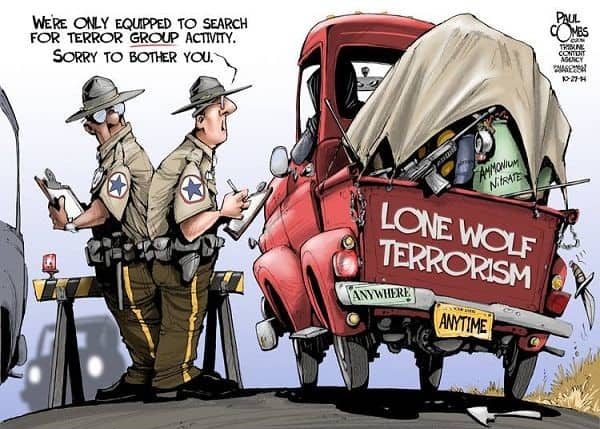21 Aug Criminal Responsibility: Psychological Evaluations & Case Study of the Moore, OK Beheading
Abstract When an individual commits a crime, there may be several evaluations which are ordered by the court. One of the most important will often be that of criminal responsibility. This speaks to the defendant’s state of mind during the criminal act for which he is to stand trial. There are many reasons a defendant may be found ‘not guilty for reason of insanity.’ However, experts for opposing counsel often disagree on their findings; even when the tools used to conduct the evaluations are similar and in spite of the fact that their training and code of ethics are very similar if not the same. The purpose of the paper is to review existing empirical data and literature on the processes and instruments used...




